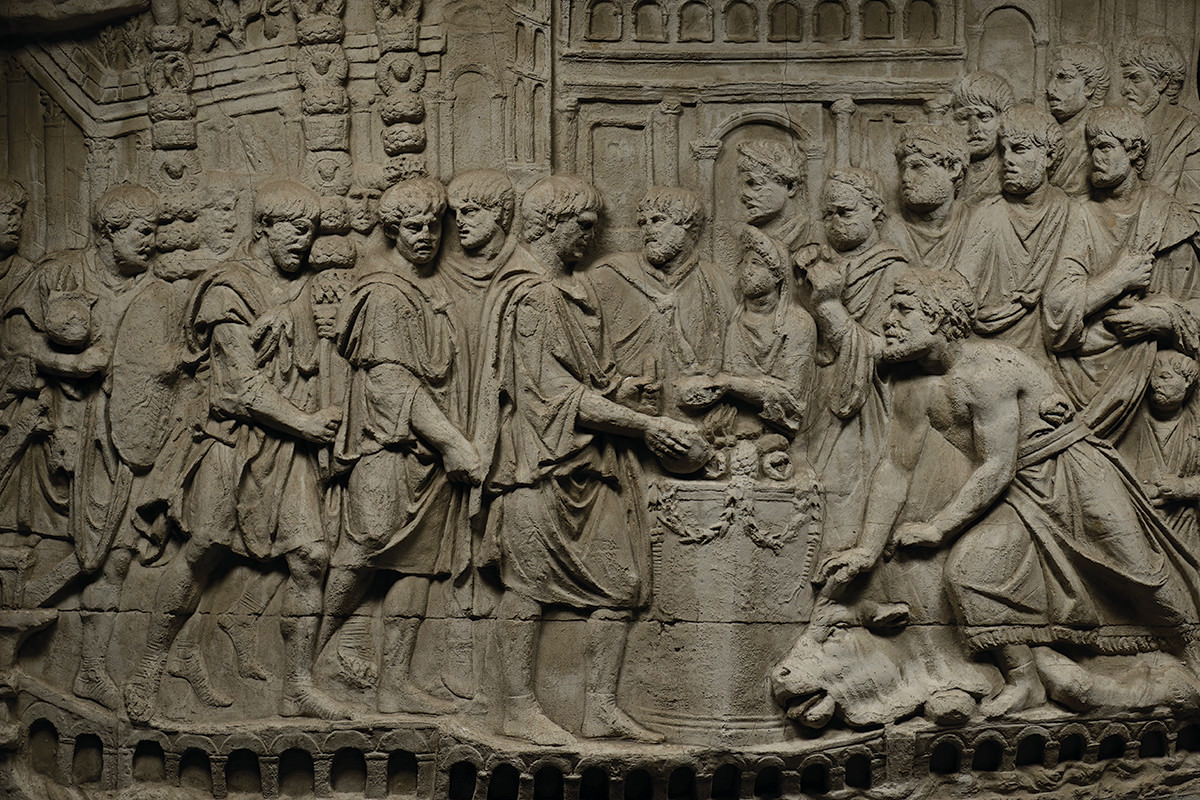by NICOLAS BAUMARD
 Roman religions were materialistic rather than moralising PHOTO/Kenneth Garrett/National Geographic Creative
Roman religions were materialistic rather than moralising PHOTO/Kenneth Garrett/National Geographic Creative
When Jesus of Nazareth died on the cross, leaving behind a few dozen followers in a remote province of the Roman Empire, few would have guessed that 350 years later Christianity would be the official religion of the Roman Empire and would go on to become the most widely practised religion in the world.
Christianity’s success is often attributed to its supposedly unique message. Unlike earlier religions, it exhorted people to be good and promised to reward them for their goodness in the afterlife. That is still how most people conceptualise the Christian message: helping others, working hard, controlling one’s sexuality and believing that people who don’t do so will be punished. In other words, a moralising religion.
It is true that before Christianity, most religions did not place a high value on morality. The Greco-Roman religions, for example, were materialistic, mostly concerned with rituals, sacrifices and other ways of begging favours from their various divinities.
But Christ’s message was not actually new. In Homer’s time, the 8th century BC, the Greeks believed that when people died they all, good and bad, went to Hades. From the 5th century BC on, Greeks started to believe that the dead were judged in Hades according to their deeds during life. Judaism, too, began to incorporate beliefs about moral punishment in the afterlife.
New Scientist for more
